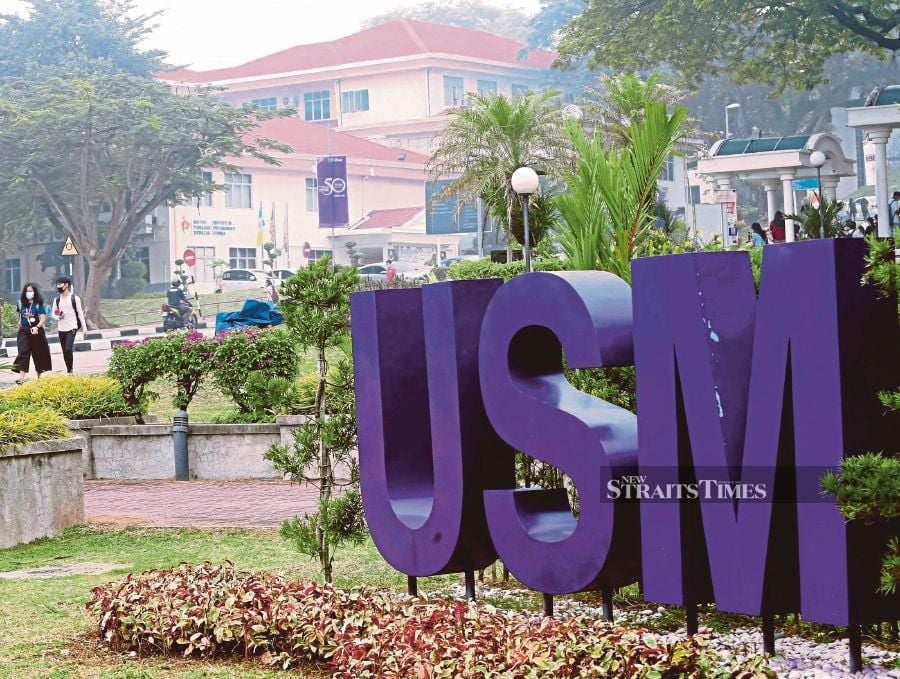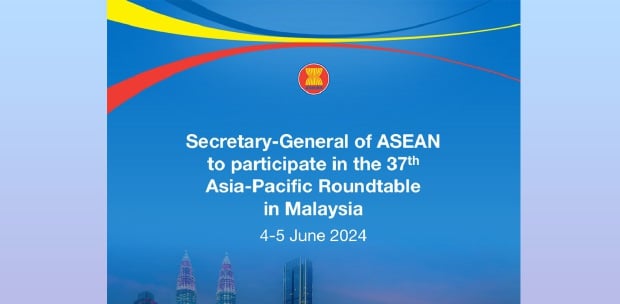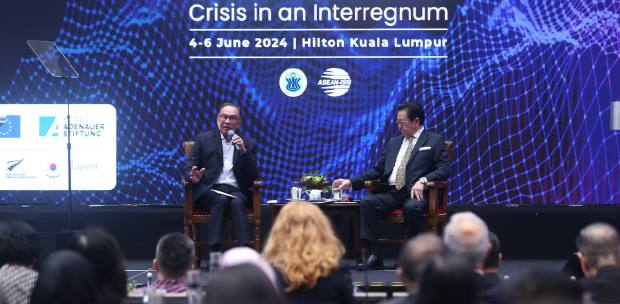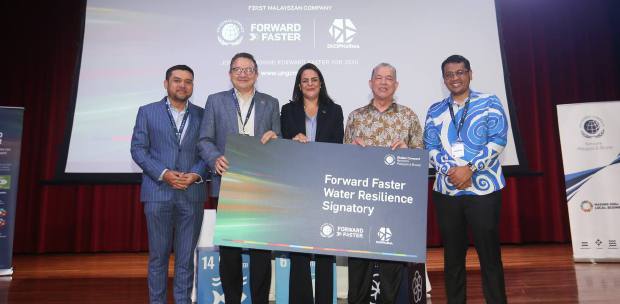GEORGE TOWN: Universiti Sains Malaysia (USM) has become the first university in the country to be awarded the "Unesco Chair on Ecohydraulics for Sustainable Water Infrastructures for Sustainable Development Goal #6 (SDG6) in Asia and the Pacific Region.
The Chair, covering the period of four years, will be hosted specifically at USM's River Engineering and Urban Drainage Research Centre (REDAC).
REDAC, which is located at the USM Engineering Campus in Nibong Tebal, is led by Professor Dr Nor Azazi Zakaria, who is also the Engineering Campus director.
It has been involved in the research on Sustainable Urban Stormwater Management since 1997 and was acknowledged as a HiCOE (Higher Education Centre of Excellence) in 2014.
It is currently involved in collaborations on related projects with various local and foreign partners from the public and private sectors.
Commenting on the announcement, Nor Azazi said it was a privilege for USM and the country to be selected as the host for the prestigious international chair, which would spur aggressive international collaboration towards water security and sustainable water infrastructure not only for the country, but also the world.
"Despite being deemed as a country with remarkable water management, with 92 per cent of the Malaysian population having access to safely-managed water services and 82 per cent to safely-managed sanitation services, we are still at risk if this important resource is not being managed responsibly.
"Water has long been a critical element to any civilisation and all living beings are rightfully entitled to it. Yet, we still have marginalised groups which have been 'denied' access to clean water and sanitation.
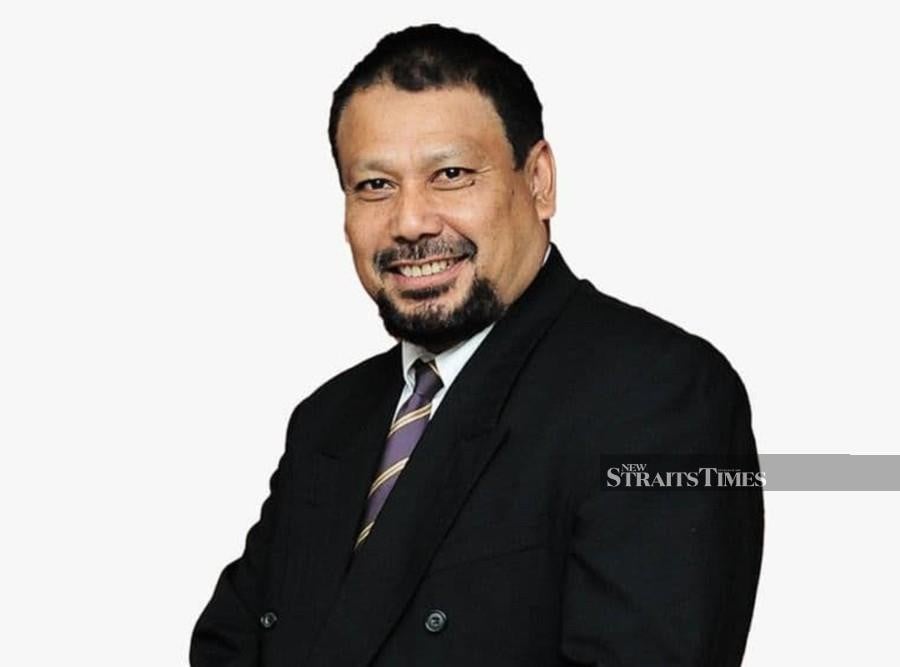
"By hosting this Chair, we hope to lift the barrier and ensure greater access to it with no one being left behind," he said.
With USM being selected for the water-related Unesco Chair, the university is poised to become the international hub for education and research in sustainable water infrastructure.
USM will dominantly be serving Asia and the the Pacific region, addressing issues relating to the access to clean water impacting over 663 million people.
SDG6 is established by the United Nations (UN) in 2015, which concerns with issues on Clean Water and Sanitation, with the mission statement to "Ensure availability and sustainable management of water and sanitation for all."
Selection for the ""Chair" was done based on the proposal sent, and which has been favourably evaluated by the Selection Committee, as stated in the email from the Unesco Chief (Section of Higher Education), Peter Wells, who is based in France.
Nor Azazi said, with one in nine of the world population lacking access to water, there should be better monitoring and regulation of safety and distribution measures, in order to ensure that such a crisis would not lead to water stress in nations across the planet.
"Currently, out of 15 per cent of the total water harvest from the yearly rainfall (85 per cent of the water is flowing into the sea) in the country, 67 per cent has been used for agricultural area for food production and only 33 per cent is being used as potable water resource for industries and domestic," he added.
The agreement between both parties was signed recently by USM Vice-Chancellor, Professor Dr Faisal Rafiq Mahamd Adikan and the Unesco director-general, Audrey Azoulay.
The Chair, according to the agreement, was established with the general objective of contributing to the overall development goals -- social, economic and cultural development.


